New Zealand’s privacy watchdog okays Foodstuffs facial recognition trial
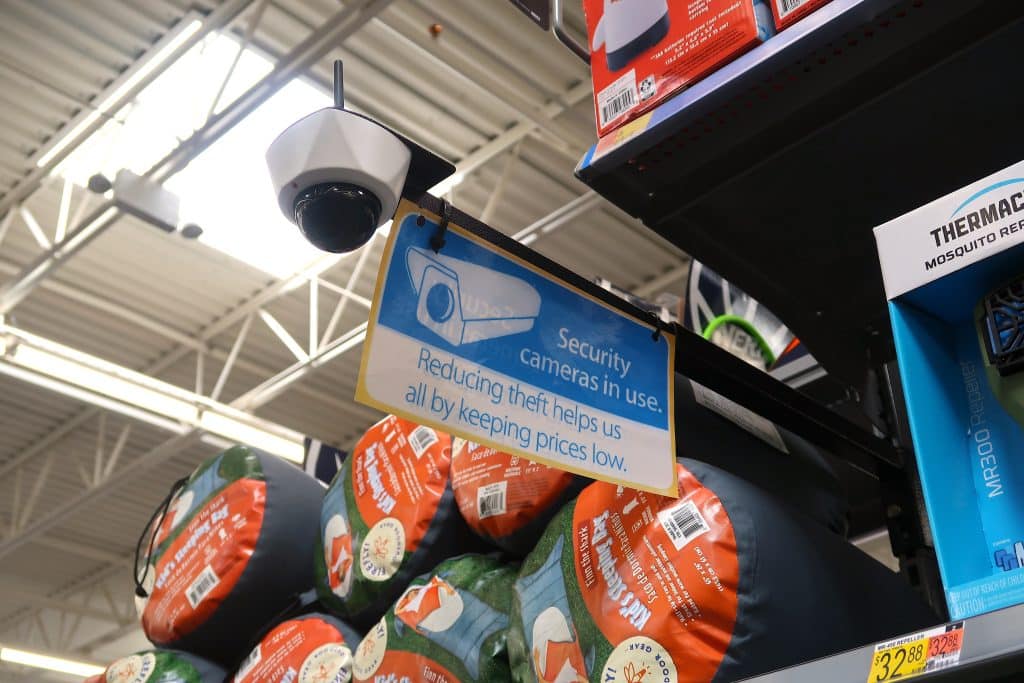
The facial recognition system used by New Zealand’s supermarket chain Foodstuffs to prevent retail crime is compliant with privacy rules but questions still remain about bias and negative impacts on Māori and Pacific people, according to the country’s privacy watchdog.
On Wednesday, Privacy Commissioner Michael Webster published the results of an inquiry on the facial recognition trial run by Foodstuffs North Island (FSNI) between February and September 2024. The trial covered 25 supermarkets in which more than 225.9 million faces were scanned.
The Commissioner’s report ruled that the trial was in line with New Zealand’s Privacy Act and that the system was effective at reducing harmful behavior, especially reducing serious violent incidents. The company, however, will have to address further improvements before introducing facial recognition technology (FRT) permanently or expanding it into additional supermarkets.
“FRT will only be acceptable if the use is necessary and the privacy risks are successfully managed,” says Webster.
The grocery cooperative introduced the technology in response to a spike in retail crime, citing violent attacks against staff. Consumer and civil rights groups, however, have been questioning the impacts of the technology, including its accuracy on minority populations with darker skin.
The system received 1742 alerts, of which 1208 were confirmed matches. During the trial, two instances were recorded when people suffered harm during misidentification. The matching algorithm was then updated to be triggered at a higher accuracy, from 90 percent to 92.5 percent.
“Other adjustments were also made to watchlist image quality, to rules for alert checking, and to staff training. There were no further harmful incidents after those improvements were made,” the report notes.
The trial also introduced a number of privacy safeguards. According to a recommendation by the Office of the Privacy Commissioner (OPC), images that did not result in a positive match were deleted immediately, with 99.999 percent of them deleted within one minute.
The system only identified people who have engaged in seriously harmful behavior, while people under 18 or deemed vulnerable were not included on the list. Match alerts were verified by two trained staff members.
The trial has shown that many factors need to be taken into account, including “unfair collection of people’s information, misidentification, technical bias, which can reinforce existing inequities and human bias, or the ability to be used for surveillance,” the Commissioner notes.
“There is still some work to do to increase the safety and effectiveness of FRT software use in the New Zealand context, as FRT technology has been developed overseas and has not been trained on the New Zealand population,” says Webster. “As a result, we can’t be completely confident it has fully addressed technical bias issues, including the potential negative impact on Māori and Pacific people.”
The technology must only be used with the right processes in place, including human checks, while Foodstuffs will be required to evaluate the impact of skin tone on identification accuracy and store response, he adds.
Foodstuffs has previously published its own report on the use of the facial recognition system, independently tested by evaluation and research firm Scarlatti. The company said that the software used was designed and developed by an Australian organization using multiple datasets, including data from Polynesian, Indigenous Australian and other groups.
According to consumer protection organization Consumer NZ, however, the trial did not gather information on the ethnicity of individuals misidentified by facial recognition.
This is the second time Foodstuffs has run a facial recognition trial.
The Privacy Commissioner’s Office is currently working on New Zealand’s first code of practice for regulating biometric data, slated to be released by mid-2025. The government is also carrying out a broader review of the country’s privacy laws, reportedly to identify legal barriers to using facial recognition in retail.
ASDA boss defends facial recognition trial
UK supermarket chain ASDA is defending its use of facial recognition to improve security, with its Chair Allan Leighton saying that protecting staff is a “number one priority.”
“We have on an average four or five assaults on our colleagues every day, and that is unacceptable. We will do whatever we need to do, within the law, that enables that number to come down,” Leighton said last week, according to Retail Gazette.
Asda kicked off a two-month live facial recognition trial in five of its stores in March after reporting approximately 1,400 assaults on its staff last year. The system is supplied by UK-based startup FaiceTech and matches faces to a list of individuals known to engage in criminal activity.
The company is facing criticism from digital rights groups such as Big Brother Watch, which claimed in April that Asda has received 5,000 complaints from shoppers. The retailer has denied this claim, saying it has only received 89 emails through official channels.
New products arrive to fight retail crime
Meanwhile, retailers are increasingly looking into loss prevention systems that can prevent theft and keep staff safe.
According to a report from Japanese tech giant Toshiba and market analysis company Incisive, 50 percent of retailers plan to explore AI-driven loss prevention systems within the next year. The report, titled “2025 State of the Industry: Store Innovation,” studied 138 North American and 100 Latin American retailers.
Toshiba, of course, has its own product for this purpose, named Elera security suite. It combines computer vision and AI to deliver produce recognition and alert potential fraud, such as not scanning an item before putting it in a bag.
Other technology developers combine facial recognition with loss prevention. Seattle-based SAFR launched the SAFR Guard in April, which offers facial matching on the edge to combat retail crime.
Article Topics
biometrics | face biometrics | facial recognition | FaiceTech | New Zealand | New Zealand Privacy Commissioner | retail biometrics | SAFR | video surveillance
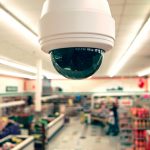
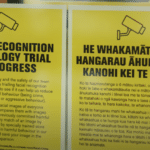
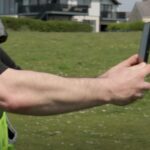

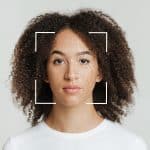



Comments